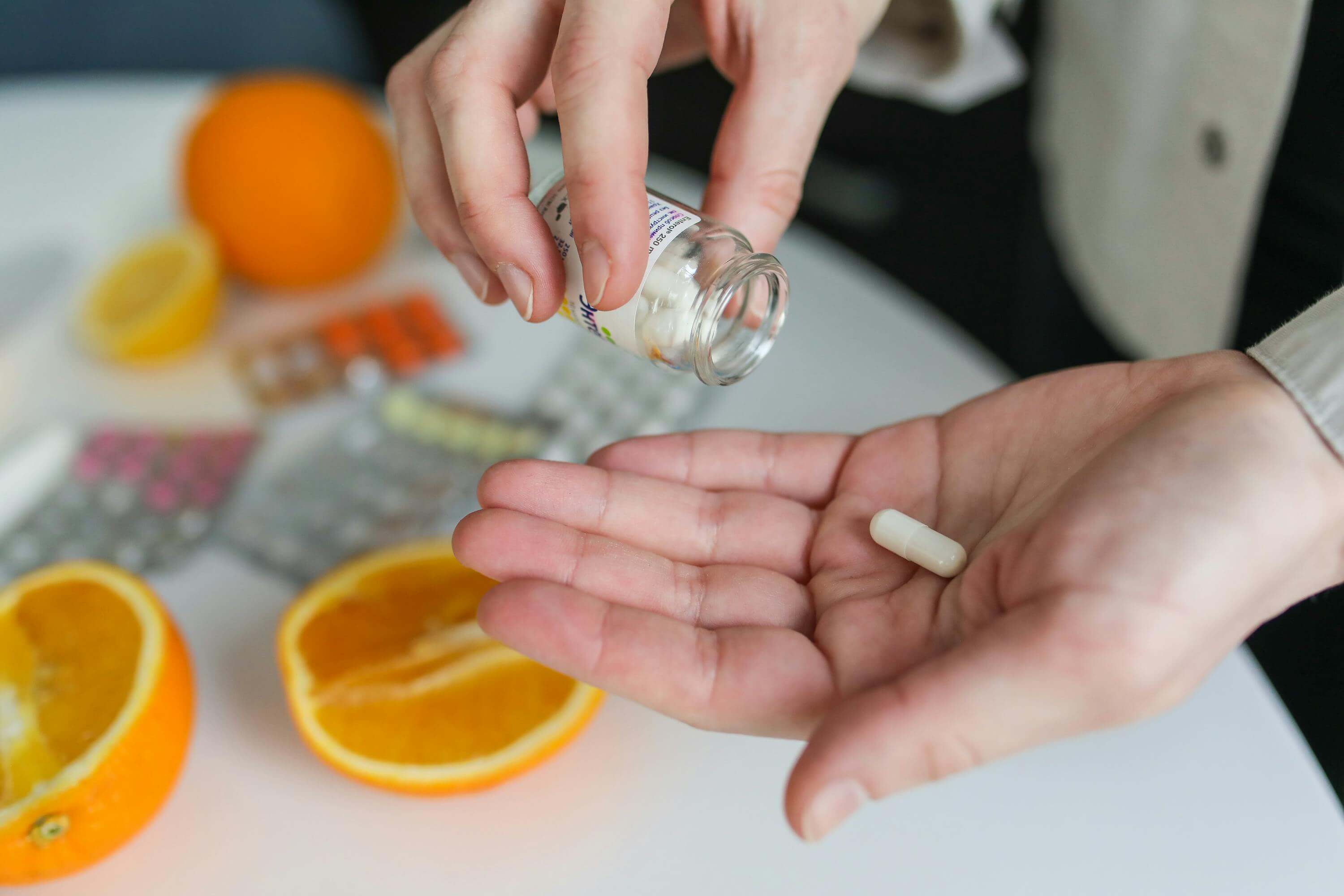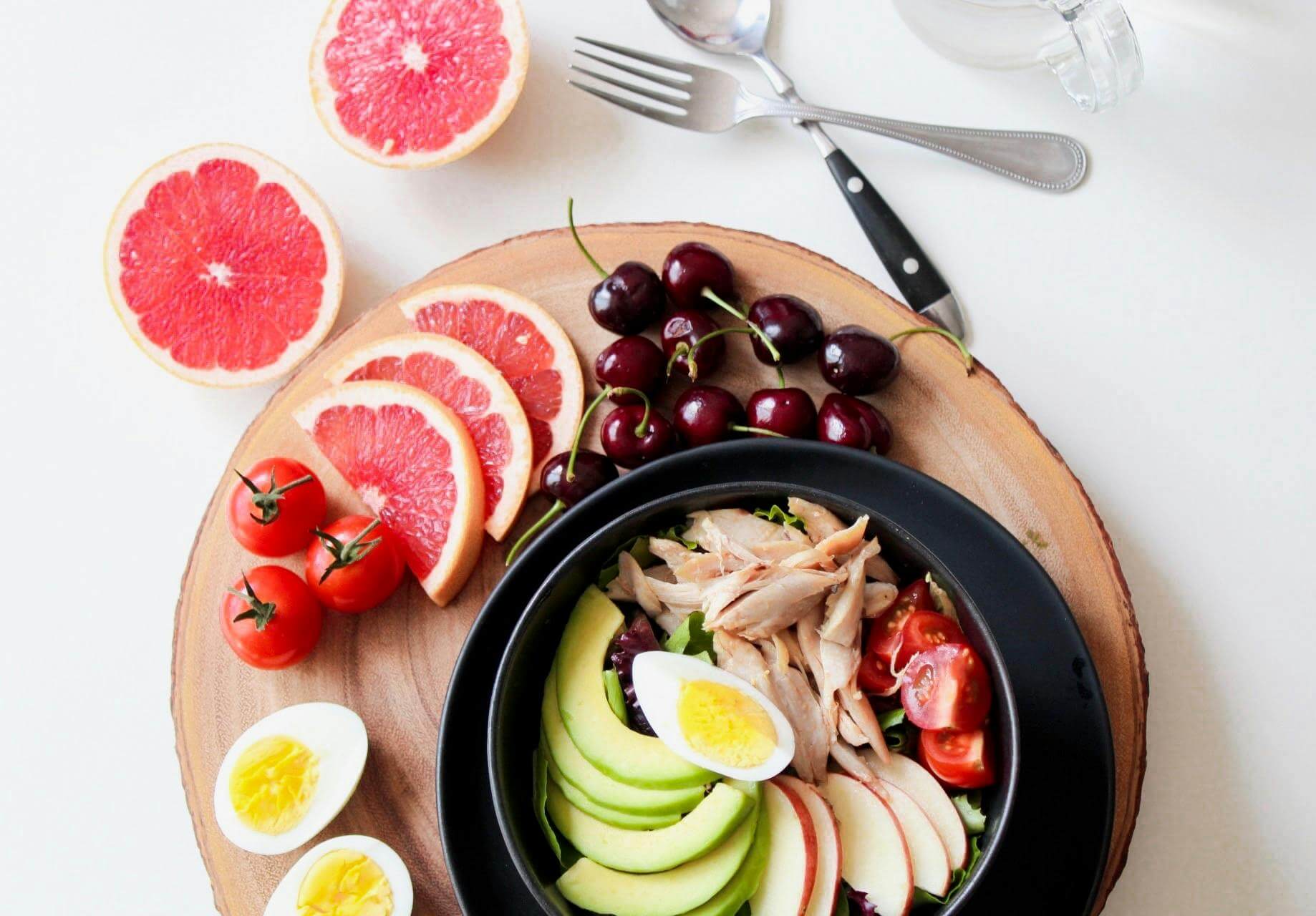Vitamin A during pregnancy is a double-edged sword that was discovered 106 years ago and plays an important role in ocular function, as it is involved in cell differentiation.
Vitamin A is also associated with bone development, has a protective effect on the skin and mucosa, plays a role in the reproductive organs, and participates in the immune system to be strong.
Vitamin A is very important in fetus development, Vitamin A in general is important for visual health.
Vitamin A deficiency can cause visual impairment in the form of night blindness and may increase the risk of illness and death from childhood infections, including measles and those causing diarrhea.
Vitamin A nature is a fat-soluble vitamin that is stored in the liver, it has three active forms (retinal, retinol, and retinoic acid) and (retinyl ester) which are stored in the liver.
But in food available from two main sources:
- Preformed vitamin A (retinol)
It is an active form that is used directly by the body. We can find it in animal products like eggs, milk, fish oil, and liver.
- Provitamin A (carotenoids)
They are found in fruits and vegetables, from vegetable sources, is found in fruits, leaves, and tubers such as carrots, pumpkin, kale, spinach, sweet potato, papaya, mango, and red palm oil and your body must convert this type into retinol.
But vitamin A during pregnancy has another point
Vitamin A is important for your fetus's growth, it helps the development of the heart, lungs, kidneys, eyes, and bones.
Also important for the circulatory, respiratory, and central nervous systems.

Deficiency of Vitamin A during pregnancy (VAD)
Public health matters in most developing countries remain among the major health problems today, together with iron-deficiency anemia and iodine deficiency.
It can be analyzed using high-performance liquid chromatography (HPLC) as a result of the following:
Serum or Plasma Retinol <0.70 μmol/L in Preschool-Aged Children or Pregnant Women if be
≥2% to <10% is minor
≥10% to <20% is moderate
≥20% is major.
Vitamin A during pregnancy or in general at low levels can lead to impaired iron mobilization, altered cellular differentiation, decreased immune response, or clinical disorders such as increased infectious morbidity, growth retardation, anemia, and xerophthalmia.
xerophthalmia means ocular manifestations including night blindness caused by corneal ulceration and keratomalacia.
One of the most popular symptoms is Night blindness, although not a pathognomonic signal that occurs in retinitis pigmentosa.
Excessive take of vitamin A during pregnancy
The increase in preformed vitamin A (retinoic acid) in maternal blood during the first quarter of pregnancy is associated with congenital malformations involving the central nervous and cardiac systems increasing the risk of cardiac malformation.
Excess vitamin A is considered teratogenic and is contraindicated during pregnancy and spontaneous abortion.
WHO and their recommendations for Vitamin A during pregnancy as supplementation
According to the WHO
supplementation of vitamin A during pregnancy for the prevention of night blindness in areas with a severe public health problem only.
- Supplementation with massive doses as an emergency measure.
- Dietary food and a healthy diet in the long term.
Most people get a lot of vitamin A in their diet, and multivitamins also contain vitamin A.
Vitamin A during pregnancy can be taken by specific nutrition for maintaining the health of both the mother and the fetus. During this period, there is an increase in the demand for vitamin A, particularly in the third quarter because of the accelerated fetal development at this time.
VAD is still considered a public health problem at a population level, specifically in some developing countries, affecting approximately 19 million pregnant women.

Vitamin A during pregnancy in food
Fortunately, there are a lot of foods you can eat considered a source of vitamin A during pregnancy
Vitamin A is found in oily fish and some fruit and vegetables, and comes in two forms:
Preformed vitamin A (retinol)
this form of vitamin A comes from animal-derived foods. Good sources during pregnancy include:
- Liver
- Cheese
- Yogurt
- Eggs
Provitamin A (carotenoids)
which give certain fruits and vegetables their orange color, your body can convert beta-carotene into vitamin A including:
- Carrots
- Oranges
- Sweet potatoes
- Apricots
Snacks and meals contain vitamin A:
Apricot, mixed seed & vanilla muesli, Blackberry & raspberry ginger yogurt
A hard-boiled egg, Sweet potato with homemade beans & feta.

But Can you have too much vitamin A during pregnancy?
This can help you know the amount below
Food contains vitamin A during pregnancy:
- One sweet potato = 1,403 mcg RAE
- 114 grams of frozen spinach = 573 mcg RAE
- 114 grams of carrots raw = 459 mcg RAE
- 227 of vanilla soft serve ice cream= 278 mcg RAE
- 227 grams of ricotta cheese = 263 mcg RAE
- 227 ml of milk, fat-free = 149 mcg RAE
- 114 gram of cantaloupe= 135 mcg RAE
- 114 grams of sweet red peppers= 117 mcg RAE
- One whole mango= 112 mcg RAE
- One serving breakfast cereal = 90 mcg RAE
- One large egg, boiled = 75 mcg RAE
- 114-gram broccoli, boiled= 60 mcg RAE
The lipids absorption affects the digestion and absorption of vitamin A.
low dietary fat content (less than 5–10 g/day) or conditions such as pancreatic and hepatic diseases interfere with the digestion or absorption of lipids, resulting in steatorrhea, which can interfere with the absorption of vitamin A.
You can help abort vitamin A by preparing chopping, grating, or juicing
Or eat with a small amount of fat (about a teaspoon) at the same time.
How much vitamin A during pregnancy is safe?
Keeping vitamin A during pregnancy within limits Is a must.
Pregnant women age 18 and younger = 750 micrograms (mcg) RAE per day
Pregnant women ages 19 and older = 770 mcg RAE per day
The standard of measurement for vitamin A is RAE (retinol activity equivalents), which is based on the potency and source of vitamin A.
One microgram (mcg) of retinol (preformed vitamin A) is equal to 1 mcg RAE.
Too much can harm your developing baby and lead to birth defects
while too little carries certain risks to you and your baby’s development and liver toxicity.
If you aim to eat a healthy balanced diet, you should be getting all the vitamin A you need and should avoid taking any additional supplements containing it.
Vitamin A toxicity
Acute vitamin A toxicity includes headache, dizziness, vertigo, nausea, vomiting, blurred vision, and reduced motor coordination secondary to intracranial hypertension.
Some rare symptoms are skin peeling, weight loss, and fatigue.
These toxic effects come as a result of excessive ingestion of dietary vitamin A supplements. However, regular intake of liver, although generally not a problem in areas with retinol deficiency.
Takeaway
Vitamin A is important for pregnant women and fetuses for health but we should take. In general, there is no need to take vitamin A during pregnancy as supplements only if the doctor advises it.
- Not eating liver or liver products, more than once a week.
- Take care of yourself and eat healthy food for yourself and your baby.
- Having large amounts of vitamin A during pregnancy can harm your baby.
- Also, avoid taking supplements that contain vitamin A including fish liver oil.
And if you take vitamin A during pregnancy accidentally you should be aware of the amount you take and Speak to your doctor for advice.
Read more about:


You must be logged in to post a comment.